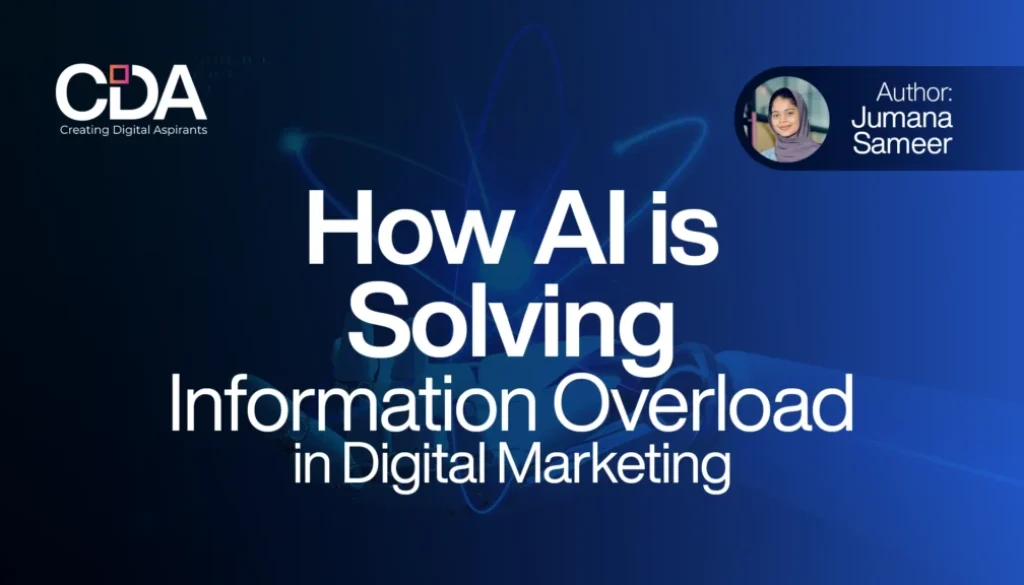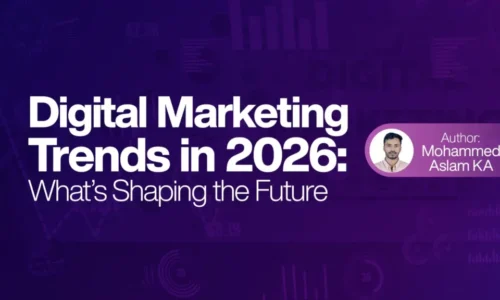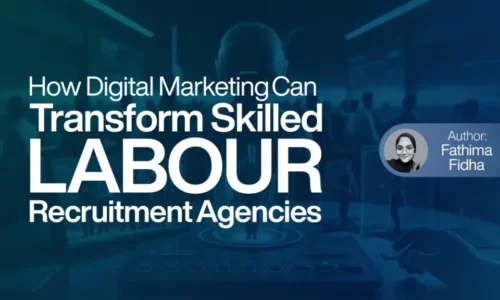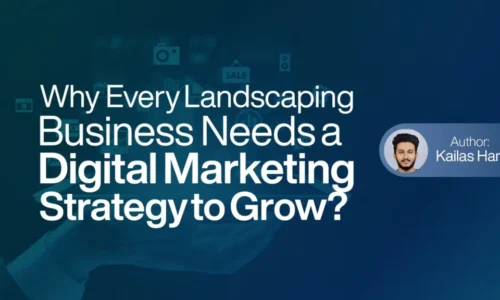How AI is Solving Information Overload in Digital Marketing
Did you ever feel completely overwhelmed by the sheer amount of information online? I know I have. As a digital marketer, I’ve faced it constantly—ads, blog posts, videos, emails, and social media updates flooding my screen every day. It’s exhausting trying to stand out in all that noise, and it’s just as frustrating for consumers trying to find what they need. That’s where AI steps in, offering a smarter way to tackle the chaos of information overload and helping both marketers and audiences navigate this digital jungle.
Table of Contents
The Problem: Drowning in Too Much Information
Before AI, it felt like we were constantly treading water in a sea of information. Whenever I needed to find content for a campaign or figure out what my audience was interested in, I was buried in endless search results, each promising something “better” than the last.
For users, it was even worse. Imagine trying to find a quick answer to a question, only to be overwhelmed by thousands of links, ads, and promotions. It was frustrating. As marketers, we knew we had to create content to compete in this crowded digital space, but it was difficult to know which content was truly valuable. In my role as the best digital marketer in Malappuram, I’ve observed firsthand how challenging this can be.
AI to the Rescue: Cutting Through the Clutter
But now, AI has stepped in to help us. When you search for something today, you’re no longer faced with endless pages of results. Instead, AI shows you the most relevant answers right at the top of the search results, pulling in information from across the web.
This is a major win for both consumers and digital marketers. For consumers, it means quicker, more accurate answers. And for us marketers, AI gives us a chance to focus on what really matters: creating clear, relevant, and high-quality content. As the best digital marketing strategist in Malappuram, this shift has revolutionized how I approach my work.
How AI Is Changing Search Results and Website Rankings
But here’s the real kicker: AI doesn’t just give users answers—it also shows them where those answers are coming from. For instance, when a search is made, AI will highlight the website that provided the most relevant information. This is huge because it means users are more likely to click on these highlighted sources, leading to higher website traffic.
And this user engagement? It’s a game-changer. The more people click on your site due to AI, the higher your website ranks in search results. In other words, if your website is delivering useful, relevant answers, AI is helping it get noticed. Your website gets a boost in search rankings just by being the best source of information.
A Shift in Strategy: Quality Over Quantity
AI has completely changed how we approach digital marketing. Instead of pushing out tons of content in the hopes that something will stick, we now need to focus on quality and relevance. AI helps us understand exactly what people are searching for, what they need, and what questions they have.
This shift has made my job as a marketer much easier. Rather than guessing what my audience might want to know, I can use AI-driven insights to create content that speaks directly to their needs. Even so, we shouldn’t place complete reliance on AI. While AI is a powerful tool for gathering information, it’s still essential to use our creativity and brainstorming to bring a unique perspective to the table. AI should be a starting point, not the end of the process. By taking the information AI provides and transforming it into your own creation or signature style, you can make your work stand out and showcase your creativity. It’s about making AI your assistant, not your replacement.
Simplifying the User Experience
The best part about AI is how much it has simplified the user experience. No longer do users need to sort through tons of information to get what they want. AI guides them directly to the most relevant answers, making the entire process faster and more efficient.
As marketers, this means we no longer have to create endless pieces of content hoping one will get noticed. Instead, we can focus on crafting high-quality, well-targeted content that answers the exact questions people are asking. By infusing our own creativity into this process, we can create content that not only meets the needs of the audience but also leaves a lasting impression.
Conclusion: The Future of Digital Marketing Is Simpler, Smarter, and AI-Driven
Before AI, information overload was a constant challenge. Today, AI is helping us tackle that challenge by providing smarter, more relevant search results, improving user experience, and allowing marketers to focus on quality content.
AI is reshaping the digital marketing landscape. It’s no longer about creating more content to flood the web—it’s about creating content that truly adds value and cuts through the noise. As we continue to embrace AI, we must remember that it’s a tool to assist, not replace, our creativity. By combining AI with our unique ideas and expertise, digital marketing will become simpler, smarter, and more effective than ever before.
The future of digital marketing is here, and it’s all about using AI to make the experience better for everyone—while staying true to your creative vision.
Author Info
Jumana Sameer, a Digital Marketing Strategist in Malappuram.
Learner of CDA Digital Marketing Course in Kerala.




